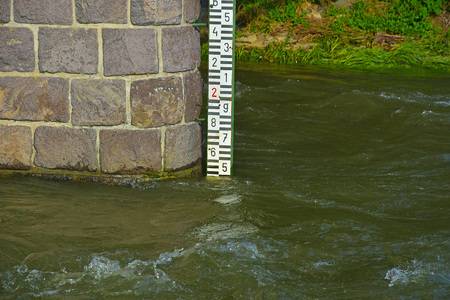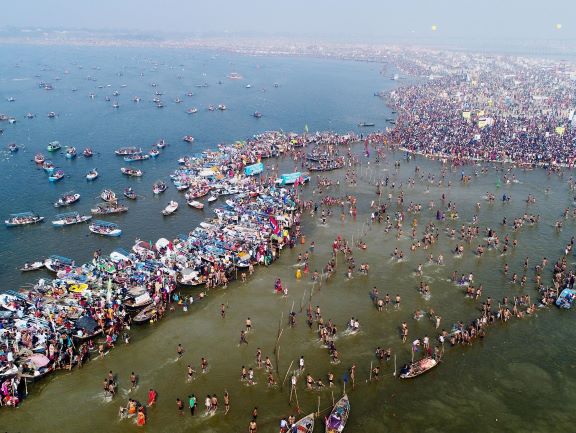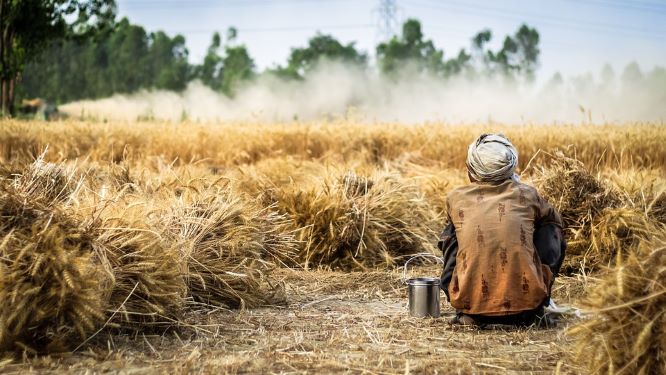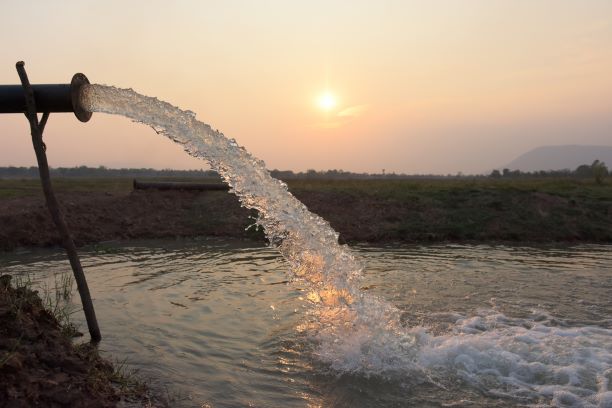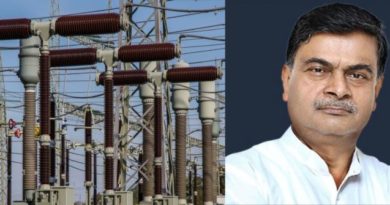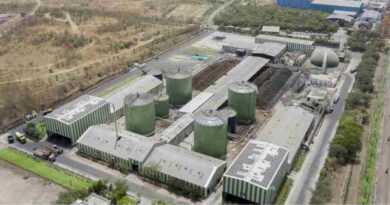Submit Action Plan for Treated Wastewater Utilisation: NGT Asks 18 States, 2 UTs
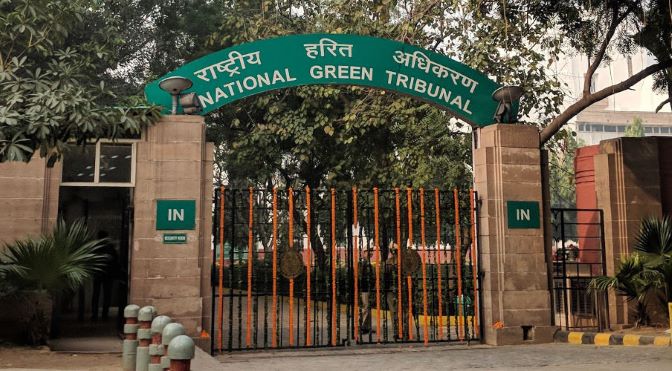
The National Green Tribunal (NGT) on Tuesday (May 14) directed 18 states and two Union Territories (UTs) to submit an action plan to ensure the utilization of treated wastewater and reduce pressure on the groundwater resources throughout the country. The bench noted that the absence of a plan for reuse of treated water affects the recharge of groundwater and also results in fresh water being used for purposes for which treated water can alternatively be used.
A bench headed by NGT Chairperson Justice Adarsh Kumar Goel directed the states and UTs to submit the action plan within three months to the Central Pollution Control Board (CPCB). The green panel said the states which have still not furnished their action plans are defaulters for violating the directions of the tribunal, for which no valid reason can be seen.
The bench said, “It is well known that the absence of a plan for reuse of treated water affects the recharge of groundwater and also results in fresh water being used for purposes for which treated water can alternatively be used. Proper plans for reuse of wastewater can add to the availability of potable water. Drinkable water is many times denied even after being a basic need or has to travel long distances to fetch clean water.”
NGT noted that only nine states and five UTs have submitted the action plan. According to the CPCB status report, action plans have been received from Andaman & Nicobar, Andhra Pradesh, Chandigarh, Chhattisgarh, Daman and Diu, Delhi, Jharkhand, Karnataka, Kerala, Lakshadweep, Madhya Pradesh, Manipur, Odisha, and Tripura.
It further added, “This being a substantial question of environment, the direction is issued to the states/UTs which have not yet submitted their action plans to do so latest by June 30, failing which the tribunal may have to consider coercive measures, including compensation for loss to the environment.”
According to the directives, these action plans may include a monitoring mechanism in the states for coordination with the local bodies and this will be the responsibility of the chief secretaries of all the states and UTs.
The states which have not submitted action plans are Arunachal Pradesh, Assam, Bihar, Dadar and Nagar Haweli, Goa, Gujarat, Haryana, Himachal Pradesh, Jammu and Kashmir, Meghalaya, Mizoram, Nagaland, Punjab, Pondicherry, Rajasthan, Sikkim, Tamil Nadu, Telangana, Uttar Pradesh, and Uttarakhand.
During the hearing, the Delhi Jal Board told the NGT that the municipal corporations and Delhi Development Authority have agreed to lift the treated water by tankers till pipelines are laid and time-bound plans have been prepared for doing the same which have been included in the latest action plan submitted to the CPCB. The green panel said, “We understand that about 103 Million Gallons Per Day (MGD) of treated water is not being effectively used by the DJB out of the total 459 MGD. This is a colossal waste of our precious natural resources and cannot be permitted.”
The tribunal also added that the matter must be ‘expeditiously sorted’ out by Chief Secretary Delhi, Municipal Corporations and DDA by way of coordination.
The direction came during the hearing of a plea filed by Mahesh Chandra Saxena, who claims to be associated with an NGO working in the field of groundwater conservation. He has sought directions to the South Delhi Municipal Corporation (SDMC) to stop construction of a rain-water harvesting system in a park near the Chhattarpur temple and restriction on groundwater usage through borewells. The petitioner has also sought directions for the use of treated water from the DJB’s sewage treatment plant at Qutub Metro Station to avoid wastage of water. Additionally, NGT has been directing all educational institutions in the Capital to install rainwater harvesting (RWH) systems in their premises at their own cost since 2017. According to the status report submitted on November 20, 2018, the NGT committee imposed a Rs 5-lakh fine on schools and colleges where there are no RWH systems (around 40 percent schools) or the existing ones are not functioning.

